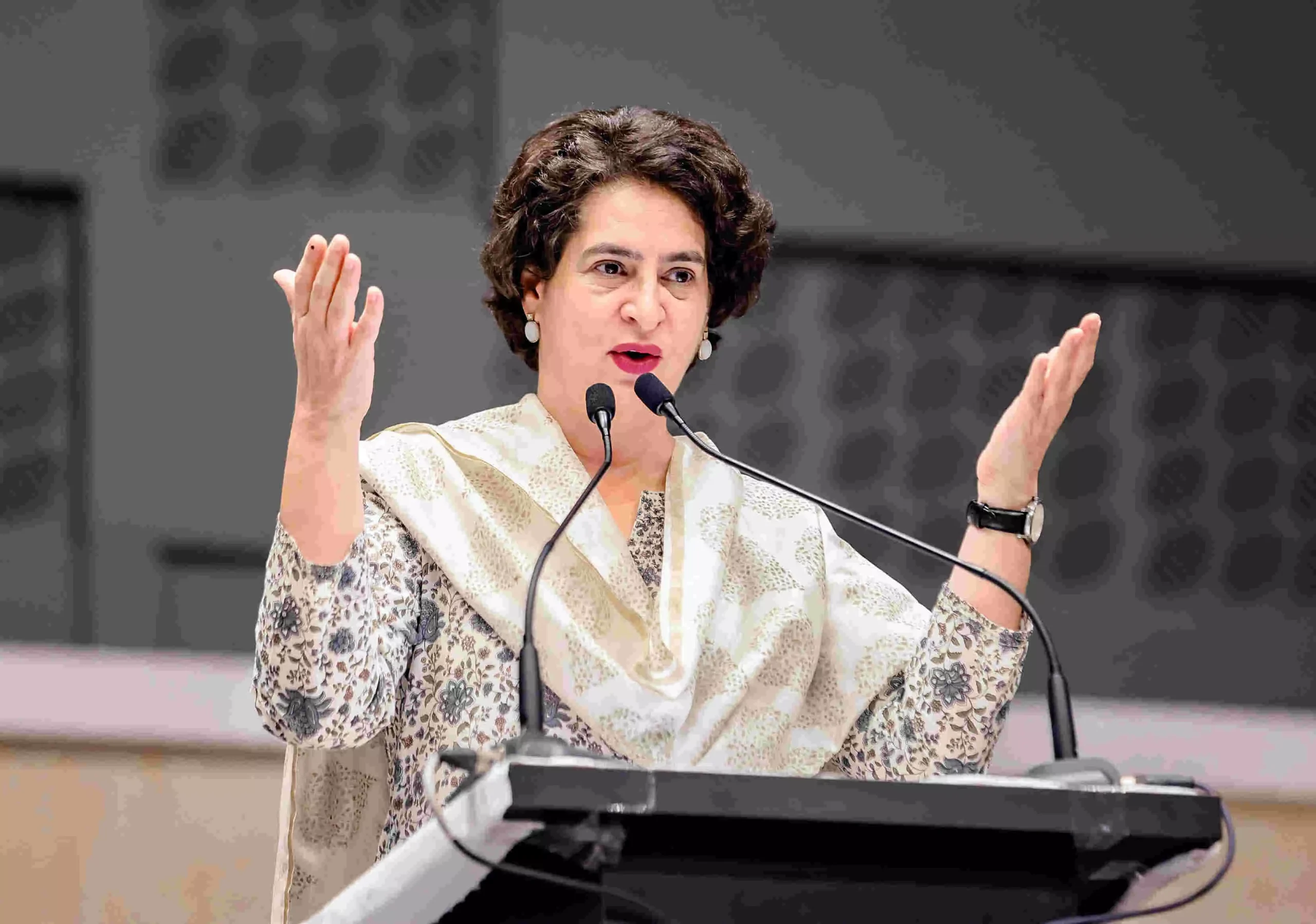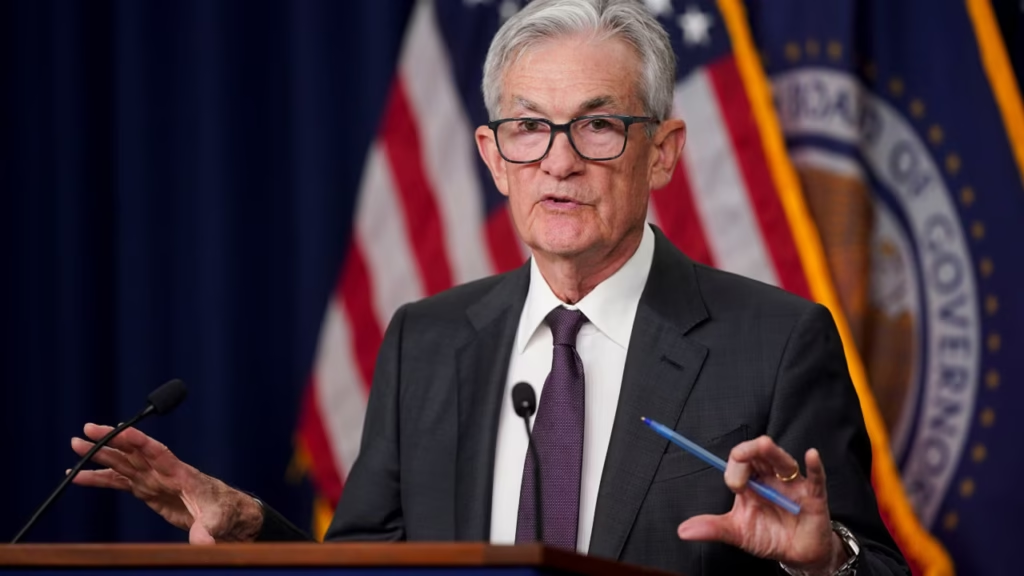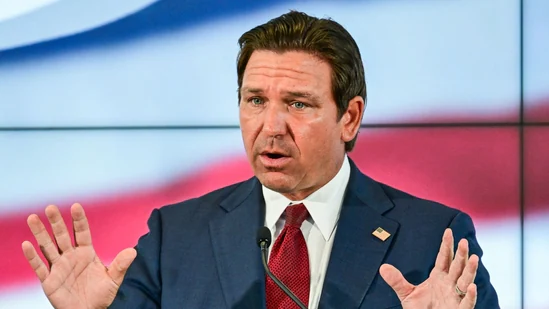Now Reading: Priyanka Gandhi slams voter-list revision, calls it an “affront to democracy”
-
01
Priyanka Gandhi slams voter-list revision, calls it an “affront to democracy”
Priyanka Gandhi slams voter-list revision, calls it an “affront to democracy”

Congress MP Priyanka Gandhi Vadra has strongly criticised the Election Commission’s Special Intensive Revision (SIR) of electoral rolls, calling the exercise a “way of cheating in elections.” She argues that the move undermines democratic principles and could lead to the exclusion or manipulation of voters. Her remarks have reignited a fierce political debate just as voter registration processes gain momentum.
Her main objections
Priyanka Gandhi claims that SIR is not a routine update but a potential tool for fraud. She warns that voter lists could be manipulated — either by adding bogus names or deleting legitimate voters — in a way that benefits certain political players. According to her, this threatens the very foundation of free and fair elections.
Political and electoral context
The criticism comes at a time when confidence in electoral institutions is already under pressure. Gandhi points to past instances, especially in states like Bihar, to argue that SIR has been misused before. Opposition leaders are now calling for a united front against what they describe as a centralised attempt to engineer voter rolls.
Implications for smaller cities
In tier-2 and tier-3 towns, where political awareness is growing but institutional trust may be weaker, such allegations carry weight. If voters believe their names could be removed or added unduly, it may erode faith in the electoral process. For local communities, this could translate into lower turnout or disengagement, particularly among first-time and marginalised voters.
Election Commission’s challenge
The EC now faces a difficult balance: it must justify why SIR is needed and ensure transparency, while also addressing concerns of political parties and citizens. If it fails to communicate clearly and defend its methods, the opposition’s narrative could gain broader traction.
Conclusion
Priyanka Gandhi’s sharp rebuke of the SIR process has escalated concerns about voter rights and democratic fairness. Her allegation that the exercise amounts to “cheating” is not just political rhetoric — it raises core questions about how India maintains the integrity of its electoral rolls. As the debate intensifies, citizens in smaller cities must also pay attention — because the stakes in strengthening democracy are national, not just regional.

























